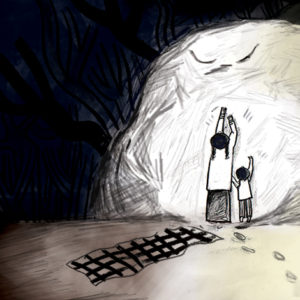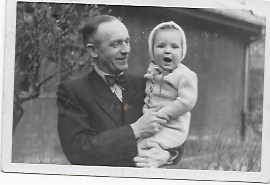5 reasons why you need to tell your stories now after 50, and be the author of your life.
1.You have so many stories
You have lived a lifetime. You have so many stories! Childhood stories. Growing up stories. Tales of adventures in the 60’s. Missteps in the 70’s. Oh, and what wouldn’t you do, to rewrite your stories from the 80’s? (Would you? If you could?)Most of the nineties are clear as day. The first 2000’s on the other hand, are a little blurry. And the last few years? They have simply, zipped by. They too are filled with stories.You have lived! Childhood. College. Career. Marriage. Children. Breakups. Makeups.
You spent years caring for your kids, and your parents. Your vast experience, the ups and downs, joys and sorrows, pain and pleasure, and everything in between, make you who you are today. You are rich with stories.
Sue Monk Kidd, the author of The Secret Life of Bees said, “stories have to be told or they die, and when they die, we can’t remember who we are or why we’re here.”
Tell your stories to remind you and others of your rich and varied life.
2. Stories connect you
In his research on blue zones, which are areas in the world where folks live long, vital lives, Dan Buettner found that relationships are essential to healthy aging. While diet and exercise play important roles, connection and community, trumps both.
An experiment by Uri Hasson, a neuroscientist from Princeton University shows that the brains of storyteller and listener, synchronize during storytelling. You don’t need science to tell you this, you know that when your friend tells you a good story, you “experience” her story. The shared understanding connects the both of you and can strengthen the bond between you.
As we age, swapping stories with friends and acquaintances can make us feel less alone. They foster relationships and connections which help us age well.
3. You give yourself a voice
All your life, you have served, you have given. You have put others before you. That’s just the way women our age lived our lives. And for the most part we have done so quietly—it is time we are heard.
One way is to pick a story from your life and tell it. You can look back and share your adventures, recount how you overcome a difficult time, let out a deep dark secret or make us laugh.
Your community, your family, and friends will get to hear you. And the most important person—you, will think about your life in a way that makes the most sense to you, and express it.
4. You become more resilient
Resilience allows us to be knocked down by life and come back at least as strong as before. All of us have experienced some kind of adversity. We have gone through tough times at some point in our lives, and we have a remarkable ability to bounce back. According to Dr. Sherry Hamby, a clinical psychologist whose current work focuses on resilience and coping with adversity, “people who have found their voice, shared their story, and reaffirmed their values often find a sense of peace and a hopefulness that they did not have before.” In her research, she saw how even brief storytelling exercises can have a positive psychological and physical impact on the storyteller. According to Dr Hamby, telling your story to someone else can help you identify key events, and remember details in a way that helps you become the author of your own life.
5. You reinvent the past, the present, and the future
Dr. Hamby’s words make so much sense to me as I reflect on my own past events. My mother’s marriage was arranged. At eighteen, she left her family, her home, and country, to start a new life. Nine months later I was born. When I was three, my mother discovered my father had another woman. She was devastated and hung on to me. For years I bore the burden on my scrawny shoulders.
Today with the insight of sixty plus years, I know that the burden was not mine to bear. I put down that burden and move to the future, relatively unencumbered. Every time I tell my story, I feel lighter. I am open to possibilities and I look forward. If I had kept it all in, I would be a different person today.
Telling a story is like stirring a pot of paella, when you bring what’s underneath up, you make the whole pot better.
What is your story? How will you tell it?
(A version of this post appeared in 60andme)






